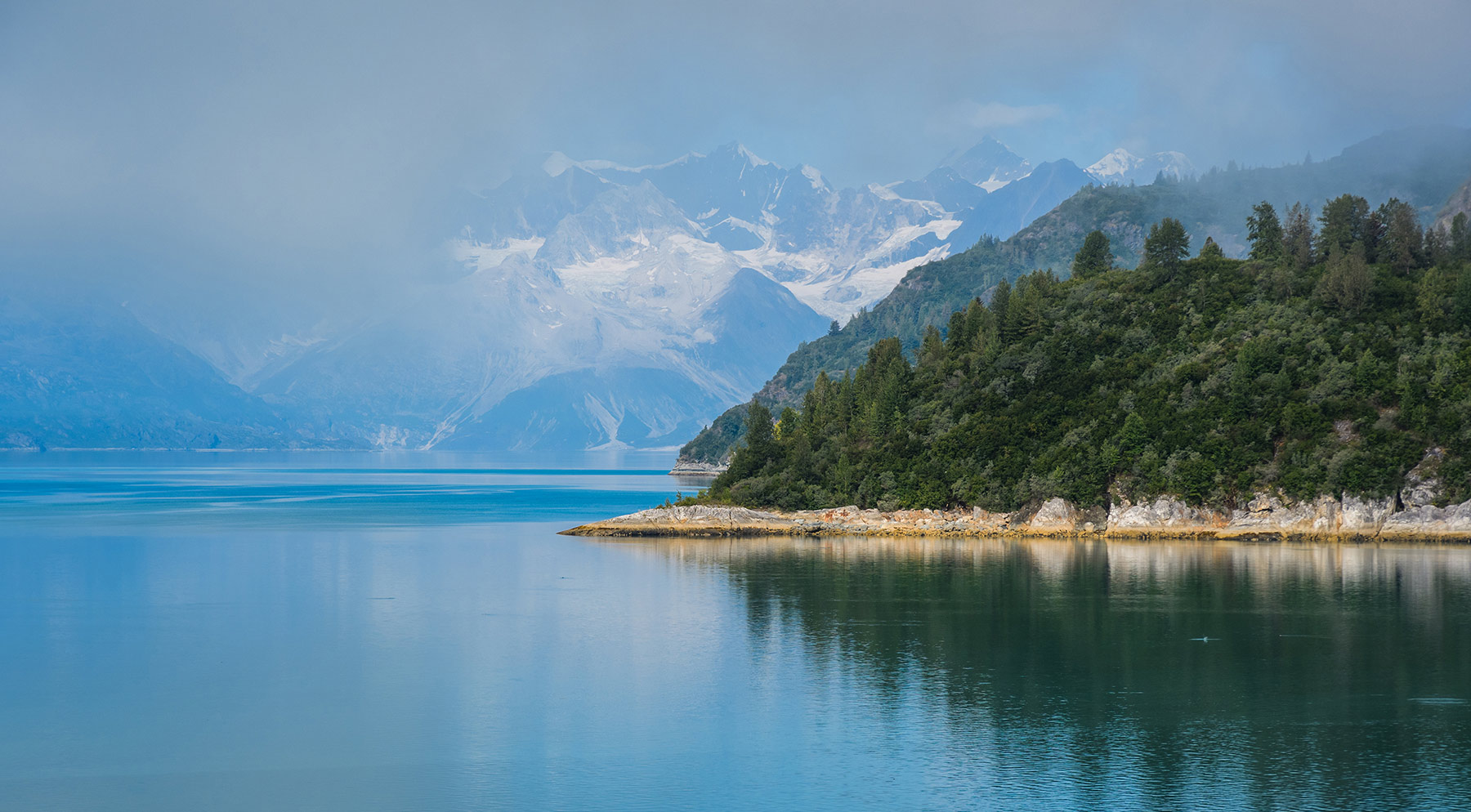2022 Discussion Series

The Alaska Ocean Acidification Network just completed its Spring Discussion Series. Four specialized dialogue sessions were held from March through May, with the intention to:
- Address and explore topics within ocean acidification that are of most interest to Alaskans
- Discuss ideas and identify priorities
- Document key issues and needs so they can be communicated to funding sources, policymakers and potential collaborators
These dialogue sessions were spaces to both learn and provide input. Each session began with a 30 minute presentation by topic area experts, followed by interactive discussion and breakouts. Read the discussion series take-aways.
TOPICS
March 23 – Regional Conditions: What do we know about ocean acidification conditions around the state, what parts are expected to change most rapidly in the future, and what areas may be most sensitive to change? Speakers Darren Pilcher (UW CICOES), Claudine Hauri (UAF IARC), Wiley Evans (Hakai Institute). Recorded session
April 5 – Species Response #1: OA and Local Communities: What does ocean acidification mean for mariculture and subsistence? Speakers: Iria Gimenez (Hakai Institute), Amanda Kelly (UAF CFOS), Jeff Hetrick (Alutiiq Pride Marine Institute) Recorded session
April 20 – Species Response #2: Commercial Species: What does ocean acidification mean for commercially harvested species including groundfish, salmon, and crab? Speakers: Chris Long (NOAA), Tom Hurst (NOAA), Marina Alcantar (UAF CFOS). Recorded session
May 4 – Adaptation and Mitigation: How can carbon dioxide reduction, removal, sequestration and natural climate solutions help us adapt to or mitigate climate change and ocean acidification? Speakers: Jessica Cross (NOAA), Dorothy Childers (Alaska OA Network), Chris Rose (REAP), Hongie Wang (University of RI), Jordan Hollarsmith (NOAA). Recorded session
Questions: email Darcy Dugan, dugan@aoos.org.
